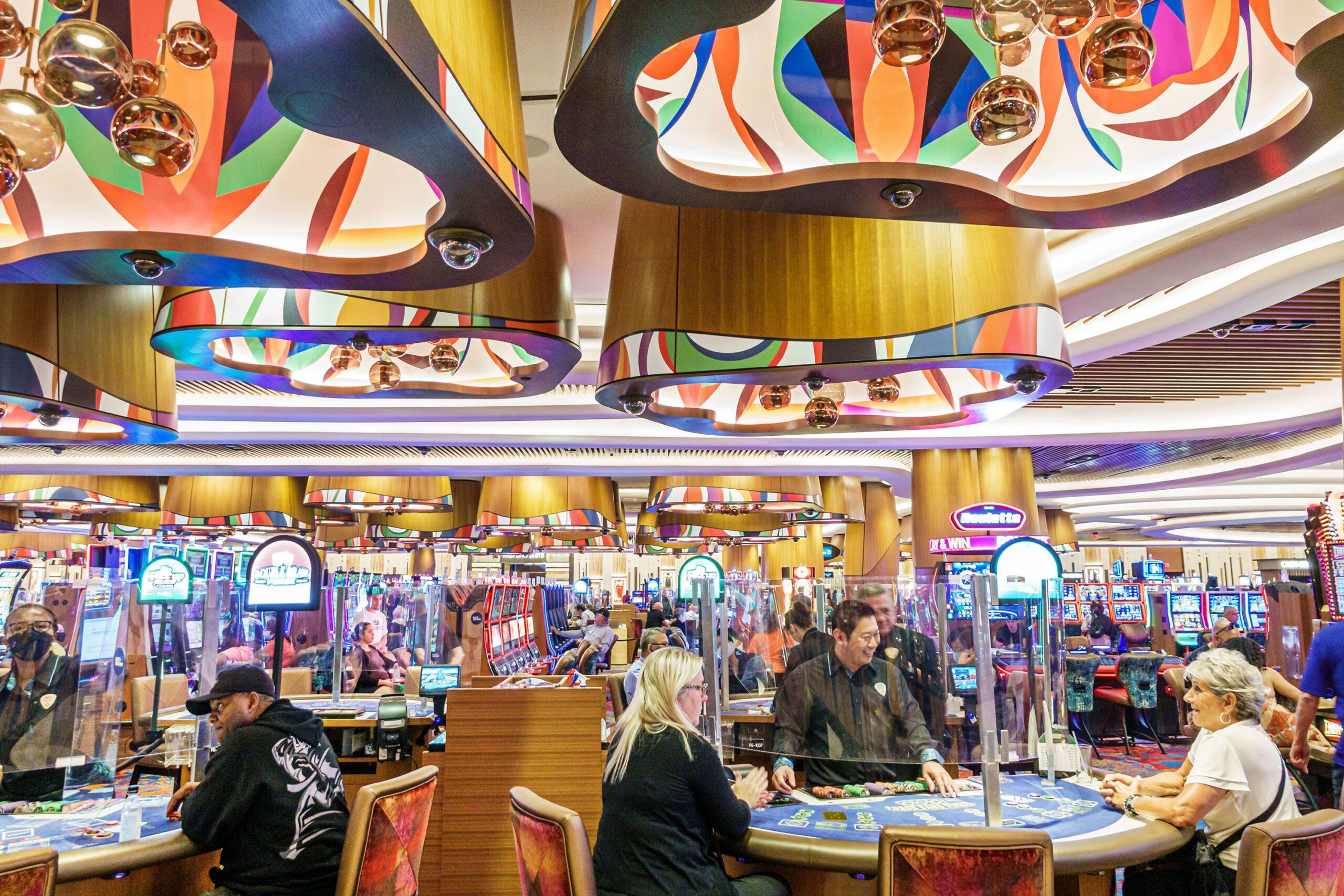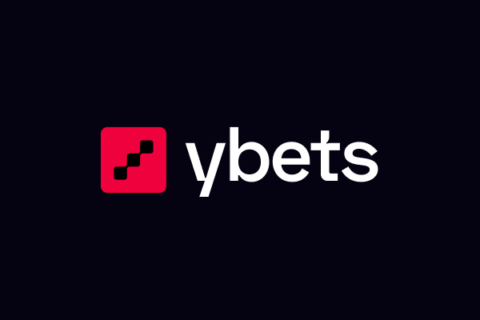Florida’s Casino Future Facing Political Struggle for Power

Florida’s path toward introducing commercial casinos and sportsbooks remains fraught with political complexities and power struggles. A recent special legislative session briefly raised the prospect of closing off one key avenue for gambling expansion in the state, only to see the effort stall as lawmakers quickly adjourned without addressing the issue.
The session, called by Governor Ron DeSantis, included a proposal that would have effectively eliminated citizen-led constitutional amendments. This mechanism has been a critical tool for residents and advocacy groups seeking to put gambling-related measures, like commercial casinos or mobile sports betting, directly on the ballot.
Florida requires nearly 900,000 verified signatures to qualify a constitutional amendment, a threshold that has enabled citizen-driven initiatives in the past.
Although lawmakers declined to take up the proposal during the special session, it may resurface during the regular legislative session in March. If eventually passed, the measure could severely restrict future attempts to expand gambling in the state, as it would prohibit hiring or appointing paid signature gatherers—a common practice for collecting the required number of signatures. Without this option, proponents of any ballot-driven change would face a near-impossible challenge.
Florida’s gambling landscape is uniquely shaped by its compact with the Seminole Tribe, which holds exclusive rights to operate the state’s only mobile sportsbook, Hard Rock Bet, as well as its casino gambling. The Seminole Tribe’s 2018 constitutional amendment further entrenched their position by requiring voter approval for any legislative changes to state gambling laws.
Combined with Florida’s unusually high 60% approval threshold for ballot measures, these factors make gambling expansion a steep uphill battle.
Past efforts to bring commercial gaming to Florida have failed, including a high-profile push by DraftKings and FanDuel in 2022 to legalize mobile sportsbooks through the ballot petition process. Despite significant investment, that campaign fell short of the necessary signatures. The proposed 2025 legislation would make similar efforts nearly impossible, further safeguarding the Seminole Tribe’s monopoly on gambling operations.
The state’s status as a tourism hub and its large population continue to attract interest from commercial gaming operators. Former President Donald Trump is among those who have expressed interest in opening a casino in South Florida, reflecting broader aspirations to break into the Sunshine State’s lucrative gambling market. However, any new developments would likely require approval from both the Seminole Tribe and state lawmakers under the existing compact.
By sidestepping the proposed ballot measure restrictions, lawmakers have preserved a narrow opportunity for citizens to advocate for gambling expansion. Yet, the combined hurdles of legal, political, and tribal dynamics keep the future of commercial casinos and sportsbooks in Florida highly uncertain.
Any significant changes will depend on whether policymakers, voters, and the Seminole Tribe can find common ground in one of the nation’s most challenging gambling markets.
- Other news categories:
- SlotsUp's news





